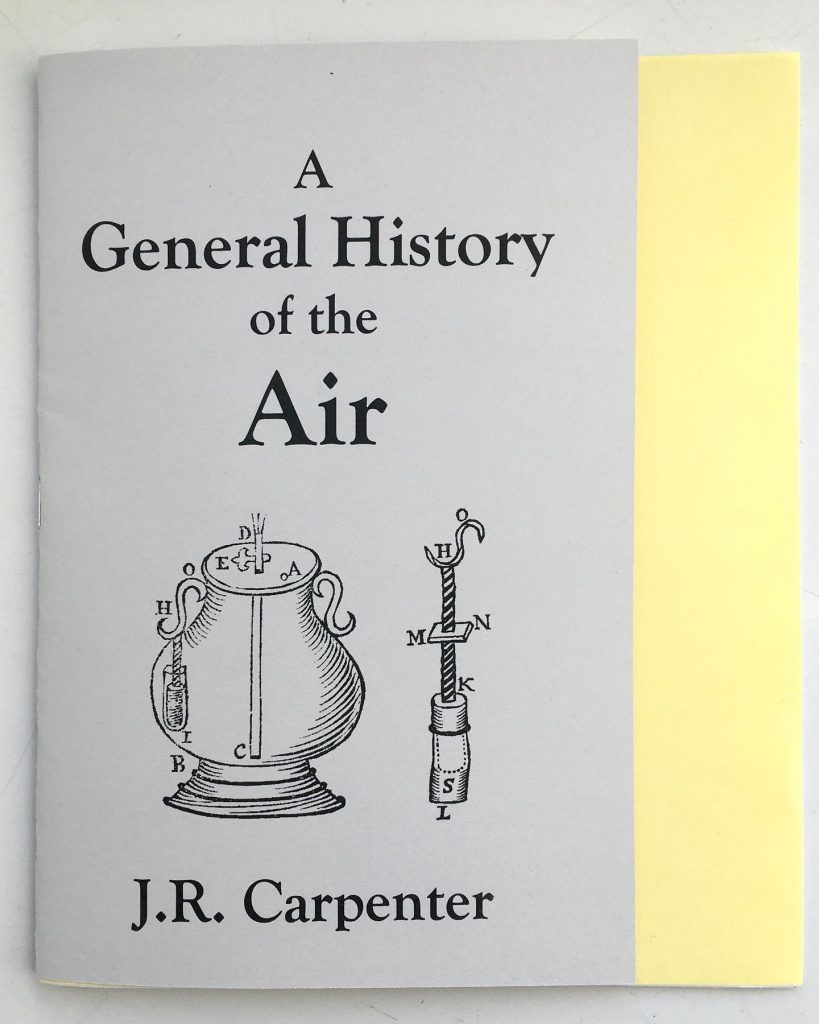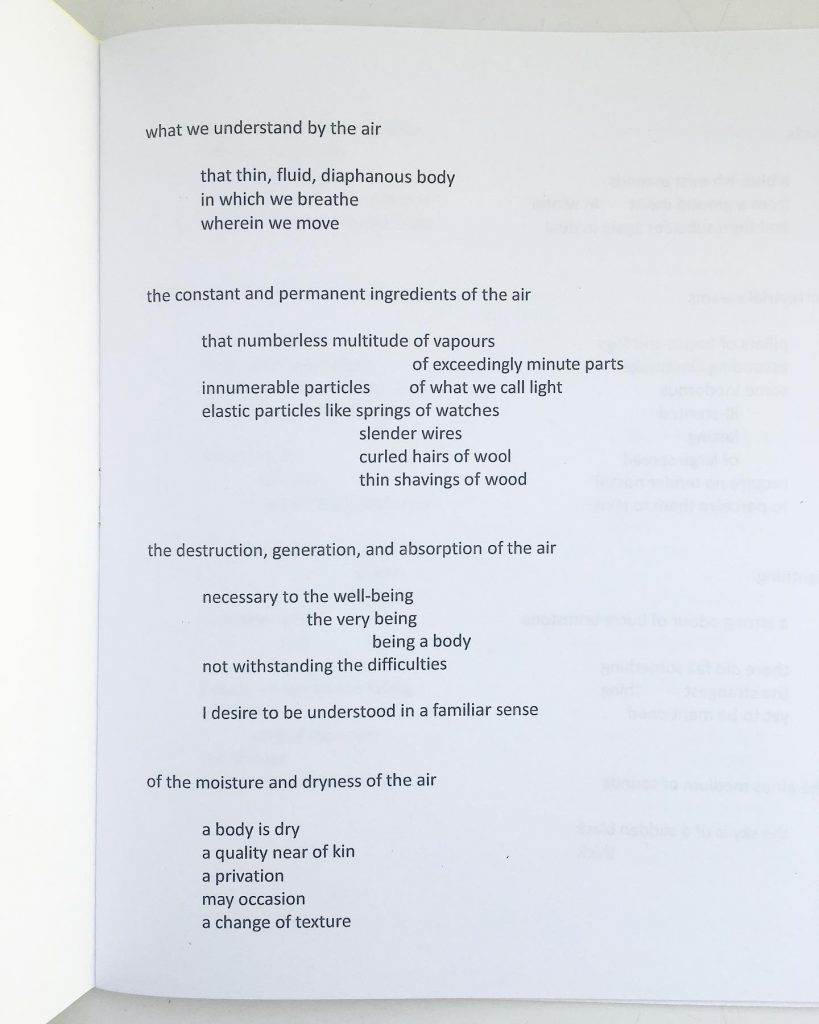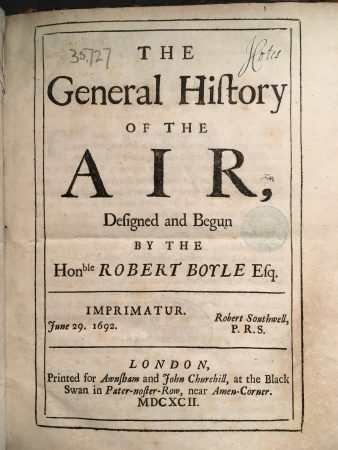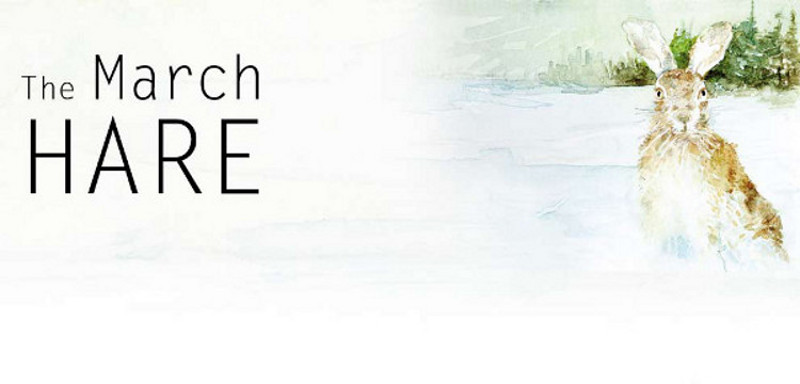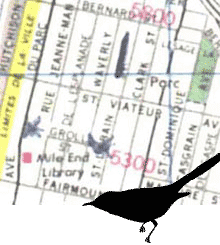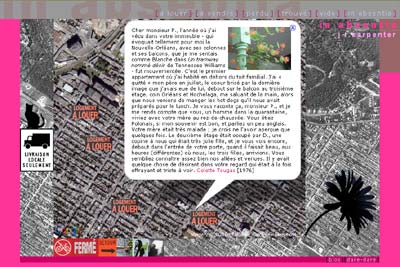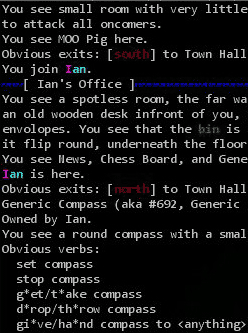Early next week I’ll interrupt my Words the Dog Knows book tour before it’s even started by heading down to Providence, Rhode Island to participate in Interrupt at Brown.
Interrupt is a festival celebrating writing and performance in digital media, busting onto the scene in Providence from Friday October 17th through Sunday the 19th. Events are hosted by Brown University and Rhode Island School of Design. The festival is continuing in the tradition of Brown’s E-Fest, but is expanding/augmenting it, and also streamlining into Pixilerations.
Participating artists will share work that in some way addresses the theme of the festival: Interrupt. In computing, an interrupt is a command sent to the processor to get its attention, and indicates a need for change. We understand “interruption” as a useful metaphor for imagining the role of digital arts practices in contemporary society. The festival is being organized with the aim of showcasing arts practices hybridized not only by digital mediation, but by a spectrum of cultural practices including electronic poetry, information design, net art, video art, interactive music, and performance art.
On Friday October 17th at 1:30 pm in the McCormack Family Theatre, I’ll present in absentia – an electronic literature project that hacks the Google Maps API to haunt the Mile End neighbourhood of Montreal with postcard stories to and from tenants (past or present, fictional or otherwise) who have been effected by gentrification and it’s erasures.
On Friday October 17th at 4:30 pm in the McCormack Family Theatre, I’ll be one of four named speakers in an IRQ ROUNDTABLE. Here, in theory, is how the IRQ ROUNDTABLE sessions will work: At each roundtable session, four or five of the named speakers will have the right – using their IRQ – to interrupt the discussion, at any time, and hold the floor for a maximum of five minutes (no minimum). All attendant-participants will together choose one of the named speakers to either begin the roundtable discussions with an intervention – thus using up their IRQ – or to nominate another speaker to begin. Once a speaker has completed their interruption, discussion is open to all attendant-participants, including IRQs. Discussion will be strictly chaired: all interruptions of all kinds must pass through the CPU. The remaining speakers with IRQs are asked to attend carefully to the discussion and, rather in the manner of an old-school, no-ritual Quaker meeting, listen for the moment when their prepared IRQ would be most beneficial to the discussion processes. A named speaker will begin the roundtable discussions with an intervention, and so use up their IRQ. They will be chosen either by a straw-poll of all attendant-participants or by chance operation. If the chosen IRQ does not wish to begin discussions, they may nominate another IRQ.
Of Interrupt, one of the festival’s organizers, John Cayley, writes:
The Pounding neo-Beat of Young-Hae Chang Heavy Industries and their Flash-languaged jazz world; Alan Sondheim’s misdirections of abject ‘second life’ languaging into the avatar dance of Foofwa d’Imobilité; Laetitia Sonami’s alternative controller sculpted music theatre; Eugenio Tisselli’s web-based hacks, cutting and pasting, plugging and hiding gobbets of real life and death into our glossy Facebooks; Marko Niemi coding Concrete for the screen. These are the initial provocations that we will interrupt and ask to interrupt us. Interrupt chooses to present digital art work that is, in some sense, language-driven. While in active cooperation with other disciplines — music, cultural studies, performance — Interrupt’s organization and curation emanates from Brown University’s Literary Arts Program. For some time now we have been confronted with questions of where ‘the literary’ will be found in practices of digital art. Now we ask, “Can we interrupt these practices in ways that will leave us with forms in which the literary can live and die? Can we create events to formally interrupt practices that we already value as art, and allow them to reveal their necessary forms, but do so without harm to new cultures that these practices offer?” We no longer want to bring them to book, but to see whether on not they hold out forms for a book to come.
After Interrupt, I’ll head down to New York City to launch Words the Dog Knows on Thursday, October 23, 2008 at KGB Bar, 85 East 4th Street, 7-9 pm (free). I’ll be joined on stage and possibly interrupted by my dear friends. Karen Russell, Nora Maynard and Corey Frost. For more information on this event, view the KGB Bar Calendar.
. . . . .
